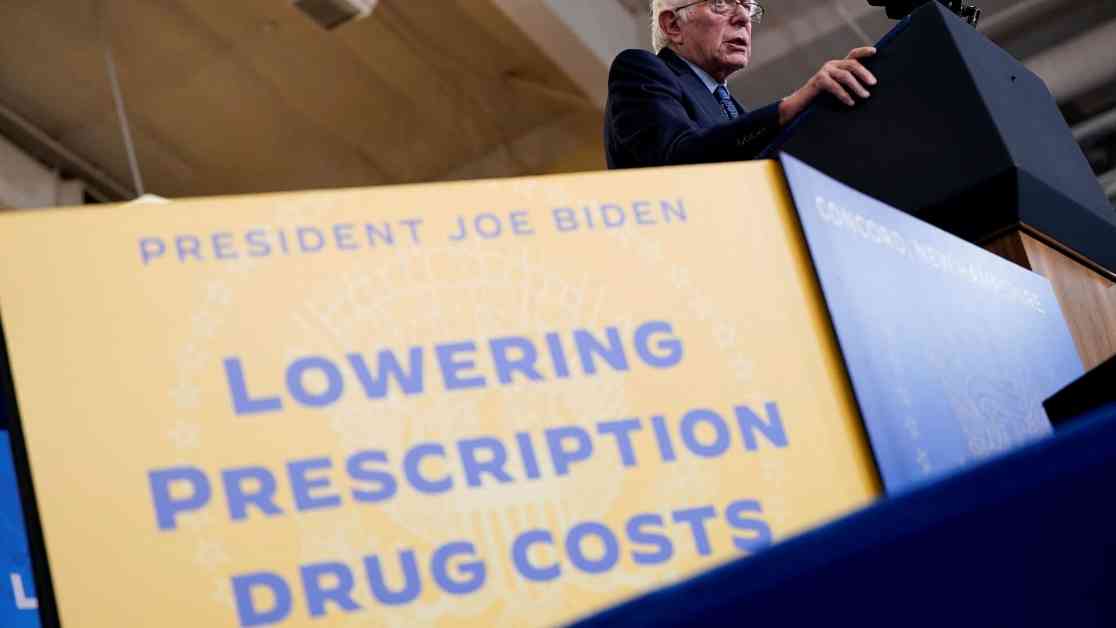U.S. Sen. Bernie Sanders (I-VT) recently addressed the escalating issue of prescription drug costs during an event at NHTI Concord Community College in Concord, New Hampshire. A report released by AARP on Thursday revealed that Medicare beneficiaries who reach the new $2,000 cap on out-of-pocket spending for prescription drugs could potentially save thousands of dollars, despite fluctuations in premiums. This cap, implemented at the start of this year, is a pivotal aspect of President Joe Biden’s 2022 Inflation Reduction Act, aiming to alleviate the burden of exorbitant drug costs on older adults in Medicare facing conditions like cancer and rheumatoid arthritis.
Massive Savings for Medicare Enrollees
The report indicated that a staggering 94% of over 1 million Medicare Part D enrollees expected to hit the cap in 2025 will experience reduced out-of-pocket expenses, including premiums and cost-sharing, resulting in average savings of $2,474. This represents a substantial 48% cut in their total out-of-pocket expenditures. Furthermore, 62% of these enrollees are projected to save over $1,000 next year, with 12% set to pocket more than $5,000.
Impact on Seniors and Fixed Incomes
Leigh Purvis, a prescription drug policy principal at AARP, emphasized the significant impact of these savings on individuals on fixed incomes, including many seniors with an average annual income of $36,000. The potential savings from the cap could free up funds previously allocated for essential needs like food and rent, offering a sense of financial relief for this vulnerable population.
Future Outlook and Expansions
Purvis highlighted that while changes to Part D premiums may have led to increased costs in 2025, the forthcoming negotiated prices for the first set of medications under Medicare negotiations are expected to drive down costs in 2026. Despite initial concerns about premium hikes, the report stressed that the reduced out-of-pocket expenses for most cap-reaching patients will effectively offset these increases.
In conclusion, the implementation of the $2,000 cap on prescription drug costs under Medicare Part D signifies a substantial step towards curbing exorbitant expenses for enrollees, particularly older adults grappling with serious medical conditions. The projected savings underscore the tangible benefits of this provision, emphasizing the positive impact on the financial well-being of Medicare beneficiaries across the nation.



















